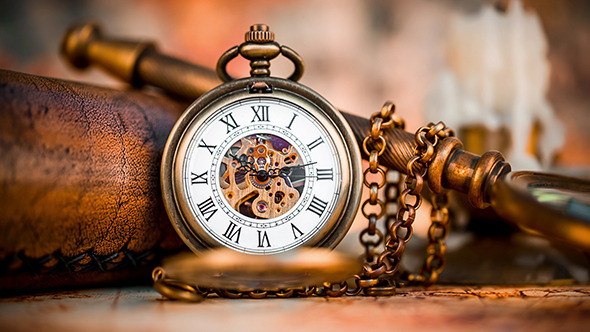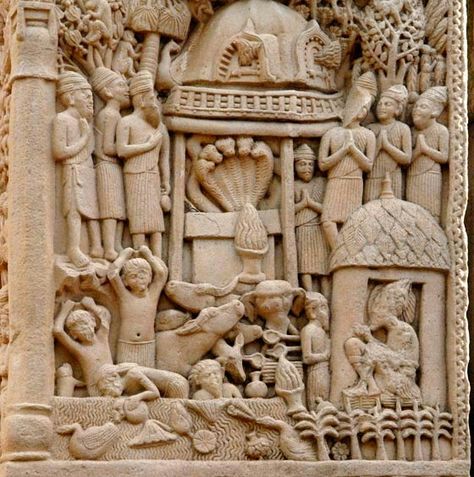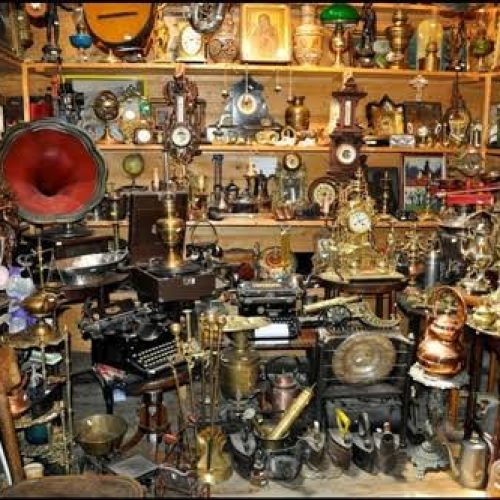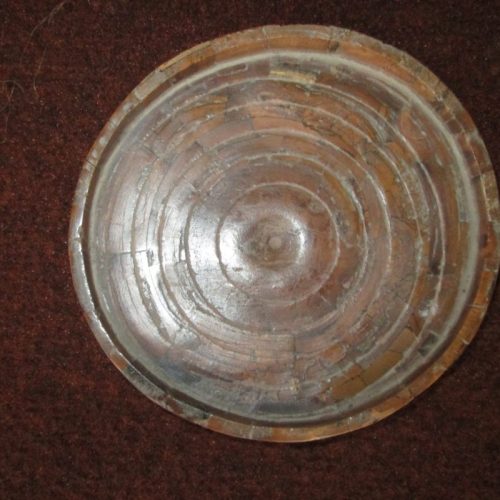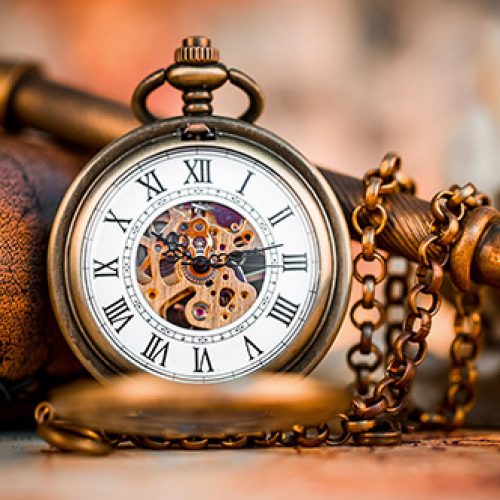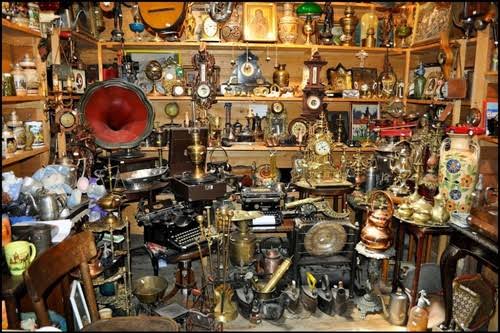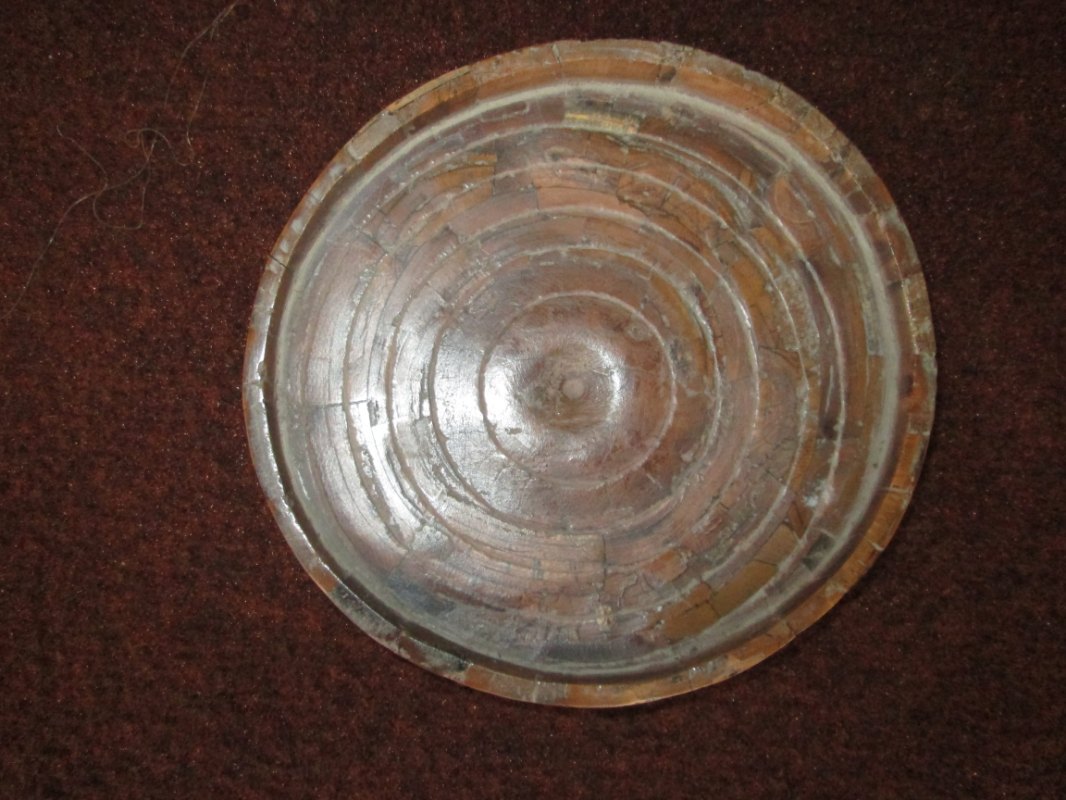Antique clocks hold a special allure for collectors and enthusiasts due to their historical significance, intricate craftsmanship, and decorative appeal. Here’s a deeper dive into antique clocks:
- Types of Antique Clocks:
- Grandfather Clocks: Also known as longcase clocks, these tall, freestanding clocks typically stand over 6 feet tall and feature a pendulum and weights enclosed in a wooden case. They were popular from the late 17th to the early 20th centuries.
- Mantel Clocks: Smaller clocks designed to sit on a shelf or mantelpiece, usually adorned with ornate cases and decorative elements. They became popular in the 18th and 19th centuries.
- Bracket Clocks: Similar to mantel clocks but designed to be placed on brackets or mounted to the wall.
- Regulator Clocks: Precision timepieces used for scientific or navigational purposes, known for their accuracy. They often have simpler, more utilitarian designs.
- Cuckoo Clocks: Originating from the Black Forest region of Germany, these clocks feature mechanical birds that emerge and “cuckoo” to mark the hours.
- Skeleton Clocks: Clocks with openwork frames that expose the inner workings, showcasing the intricate gears and mechanisms.
- Carriage Clocks: Portable clocks designed for travel, often housed in a protective case with a handle.
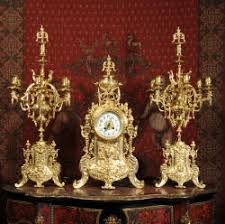
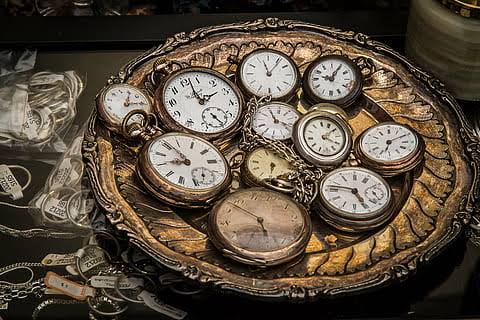

- Materials and Construction:
- Antique clocks were crafted using a variety of materials, including wood, metal (such as brass or bronze), glass, and enamel.
- The mechanisms of antique clocks were typically handcrafted, with intricate gears and escapements designed to regulate the movement of the clock’s hands.
- Clock cases were often elaborately decorated with carving, inlay, marquetry, gilding, or painted designs, reflecting the artistic styles of the period in which they were made.
- Collecting and Valuation:
- Collectors of antique clocks often seek out pieces based on factors such as age, rarity, maker, style, condition, and provenance.
- Clocks made by renowned clockmakers or from notable workshops may command higher prices.
- Originality and authenticity are crucial considerations, as alterations or repairs can impact the value of an antique clock.
- Antique clock collectors may also be drawn to specific styles or periods, such as Georgian, Victorian, Art Nouveau, or Art Deco clocks.
- Maintenance and Care:
- Proper maintenance is essential to preserve the value and functionality of antique clocks. This may include regular cleaning, lubrication, and occasional repairs by skilled professionals.
- Antique clocks should be handled with care to avoid damage to delicate components or decorative elements.
- Environmental factors such as temperature, humidity, and exposure to direct sunlight can affect the condition of antique clocks and should be carefully managed.
Overall, antique clocks offer a fascinating blend of artistry, history, and mechanical ingenuity, making them prized possessions for collectors and a cherished part of home decor for enthusiasts.


